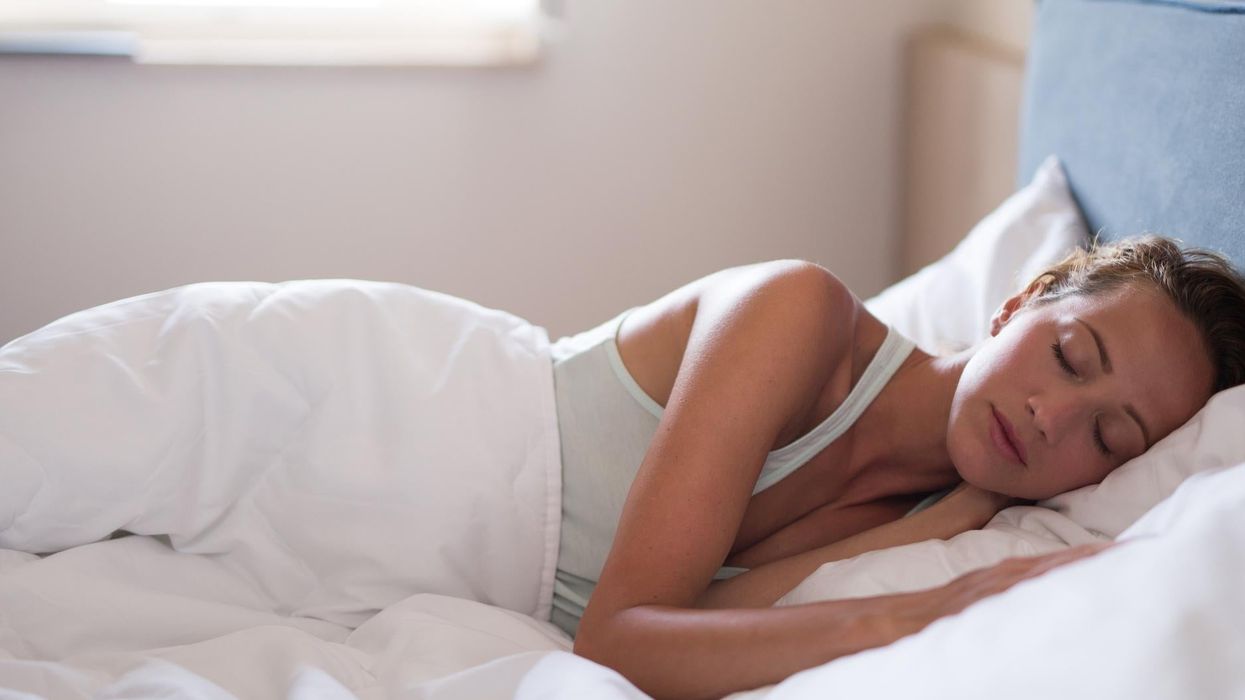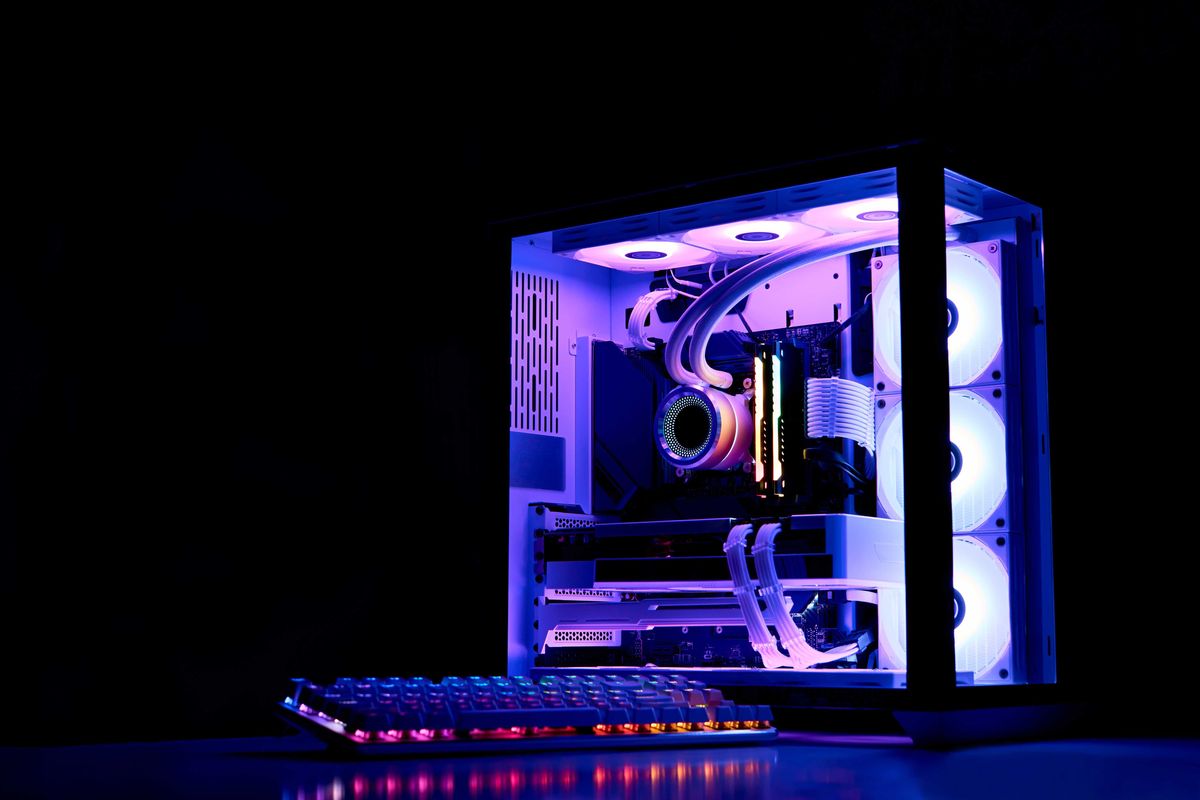Louis Dor
Jan 07, 2018

Picture:
Getty Images/istockphoto
Getting a good night's sleep eludes a surprising number of people these days.
Some blame the blue light of electronic screens, others blame our attention span and caffeine habits. Many suggest a lack of exercise is a contributing factor.
Some 39 per cent of people in England suffer disrupted sleep, according to one survey.
What you may not realise is how your alarm is affecting your sleep - especially if you change the time frequently.
Australian sleep expert Dr Carmel Harrington told Whimn:
Most people don’t know that the time you get up in the morning affects the time you will be able to fall asleep that night.
When we see bright light in the morning our brain switches off the production of melatonin and it is this off-switching that actually sets up our 24 hour body clock.
In short, consistency is key as both bedtimes and wake-up times dictate they circadian cycle of sleep and waking experienced by the body.
It's therefore recommended you keep a fairly regular wake up time, so as to not throw out your cycle (which can affect your rest and acuity), it's also recommended you stay off electronics for an hour before bed.
After all, it's quite a gear change to go from visually stimulated to fast asleep - especially with high action TV or video games.
The National Sleep Foundation explain that the nature of the light emitted by our devices is one of the key issues:
This is largely due to the short-wavelength, artificial blue light that’s emitted by these devices. The more electronic devices that a person uses in the evening, the harder it is to fall asleep or stay asleep.
Besides increasing your alertness at a time when you should be getting sleepy, which in turn delays your bedtime, using these devices before turning in delays the onset of REM sleep, reduces the total amount of REM sleep, and compromises alertness the next morning.
Over time, these effects can add up to a significant, chronic deficiency in sleep.
And definitely do not check your phone momentarily if you wake up in the night, even to check up on Trump's tweets.
Harvard researchers found the blue light could shift people's sleep schedules by up to three hours.
Plus, you may not sleep after reading POTUS' feed.
HT Daily Mail
More: What time you should go to bed for the best night's sleep
Top 100
The Conversation (0)













